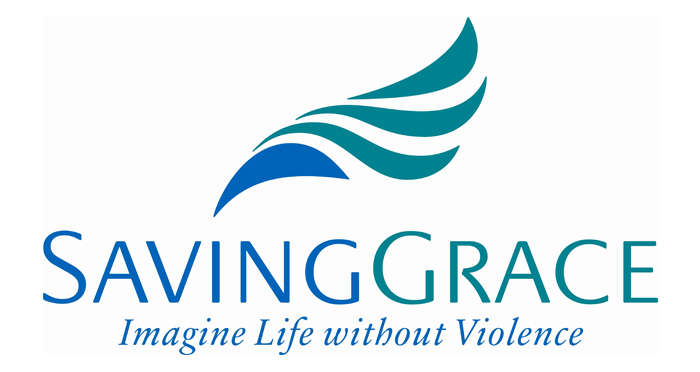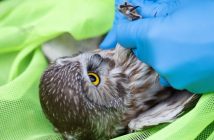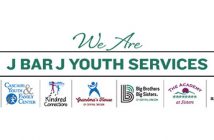When I was 23 I was hit by a car while riding my bike to work. I was coming down a hill and a woman ran a stop sign and turned right in front of me. I smashed into her car, flew over the hood, landed on my head and flopped on to the pavement.
An ambulance took me to the hospital where they x-rayed and checked me out. I was lucky, no broken bones. I had sprained both knees and ankles and had huge contusions on my thighs from smashing against the car. The hospital gave me pain killers and sent me home. I did not receive any recommendations for further treatment or information on what I needed to do to help myself heal. The bruises and sprains went away, but I could not ride my bike without severe pain on the side of my right leg for almost two years.
Years later I started having other issues with my body, back and joint pain, and frequent headaches. Working in the nursery/landscaping business is very physical and I thought that was the issue. I no longer had insurance at this point, so I began to explore alternative methods of treatment. I started getting chiropractic care, massage, Rolfing, acupuncture, reflexology, and naturopathic medicine.
I learned I had some residual damage from the accident that was affecting my neck and back. Through these alternative methods I was able to resolve the previous damage. I also learned a lot about how my body works, how to strengthen weak areas and how to move more effectively at work to prevent future injury. In other words I was empowered in my healing process and given tools and information to maintain health.
After learning how to heal my past injuries, and work with my body, I’ve become even more curious about the differences in Western and Eastern/alternative medicine. As I mentioned in the last issue of CBN, Andrew Weil is coming to Bend in January and I have been reading his books to prepare for the event.
As I write this I have just finished eight weeks to Optimum Health. In the book Weil points out a key difference in the evolution and philosophy of the two branches of medicine. He says, “For a variety of cultural reasons—one being the unthinkability of dissecting a dead body, Chinese Medicine (herbal medicine and acupuncture) developed without a detailed knowledge of the internal structure of the human body. Instead it concentrated on identifying body functions and clarifying their relationships to each other.”
So the eastern medicine is more interested in understanding the body’s functions and how to improve their operation.
Western medicine took another approach. It focused instead on the anatomical structure of the body. For example Weil says, ”Western doctors described the structural nature of the immune organs but had no idea of their function until very recently; for much this century they labeled most of them as functionless, vestigial or unimportant.”
This is why in the previous generation, countless numbers of tonsils and appendixes were unnecessarily removed. Now western medicine has realized that these organs do have important immune functions.
I think a major difference is that Eastern and alternative medicine want to understand and work with nature, while western medicine wants to overcome it. The significant differences in philosophy and method between western and alternative medicines has important consequences and raises serious questions about how to really care for people and help them heal. On my journey of health I am grateful for the wisdom I gained through alternative medicine. I am also grateful for much of what western medicine offers. For example a couple weeks ago I fell and hurt my elbow, I went to my acupuncturist and got a treatment. After she took the needles out, she treated my elbow with a cold laser (western, medical hi-tech). My elbow felt much better, and I think I benefited from both types of medicine.
From my own experiences I have to agree with Andrew Weil. I think we need both types of medicine. I think together they form a complete system of healthcare. It’s called Integrative Medicine. Dr. Weil is the trailblazer. In 1994 he founded the Arizona Center for Integrative Medicine. He knew that the current health care system was not meeting the needs of its consumers and that the system was not sustainable. He decided the best way to effect change was to train a new generation of doctors to practice medicine a different way.
The Arizona Center for Integrative Medicine is now the world leader in teaching a new kind of health care, where eastern/alternative and western medicine come together to create a truly holistic, better and more sustainable method of healthcare.
Dr. Andrew Weil is coming to Bend High Auditorium, January 16, 2012. I can’t wait to see him in person, hear what he is working on now and learn more about his new book Spontaneous Happiness.
Tickets Available on line at www.BendPineNursery.com or call 541-977-8733.




